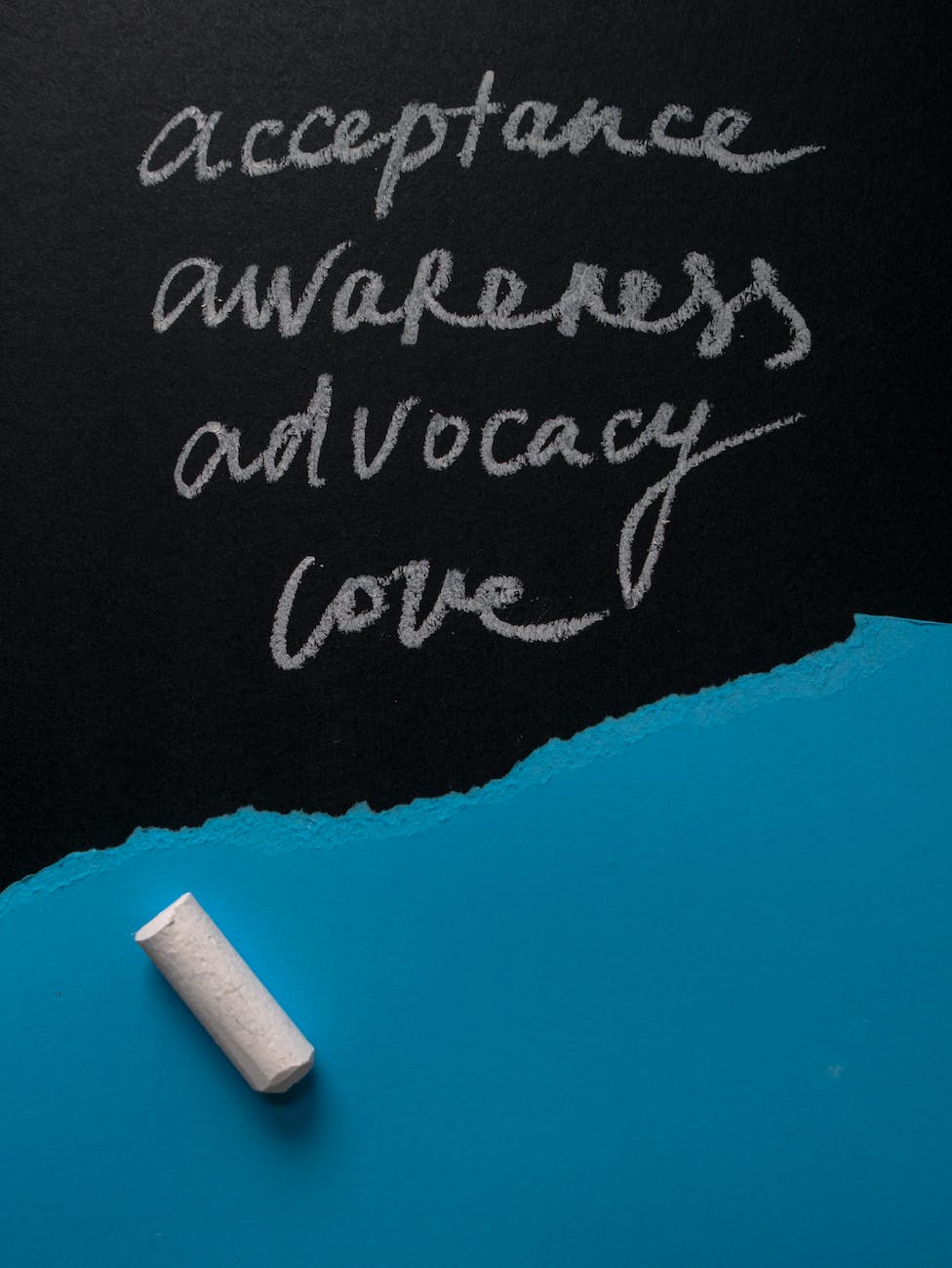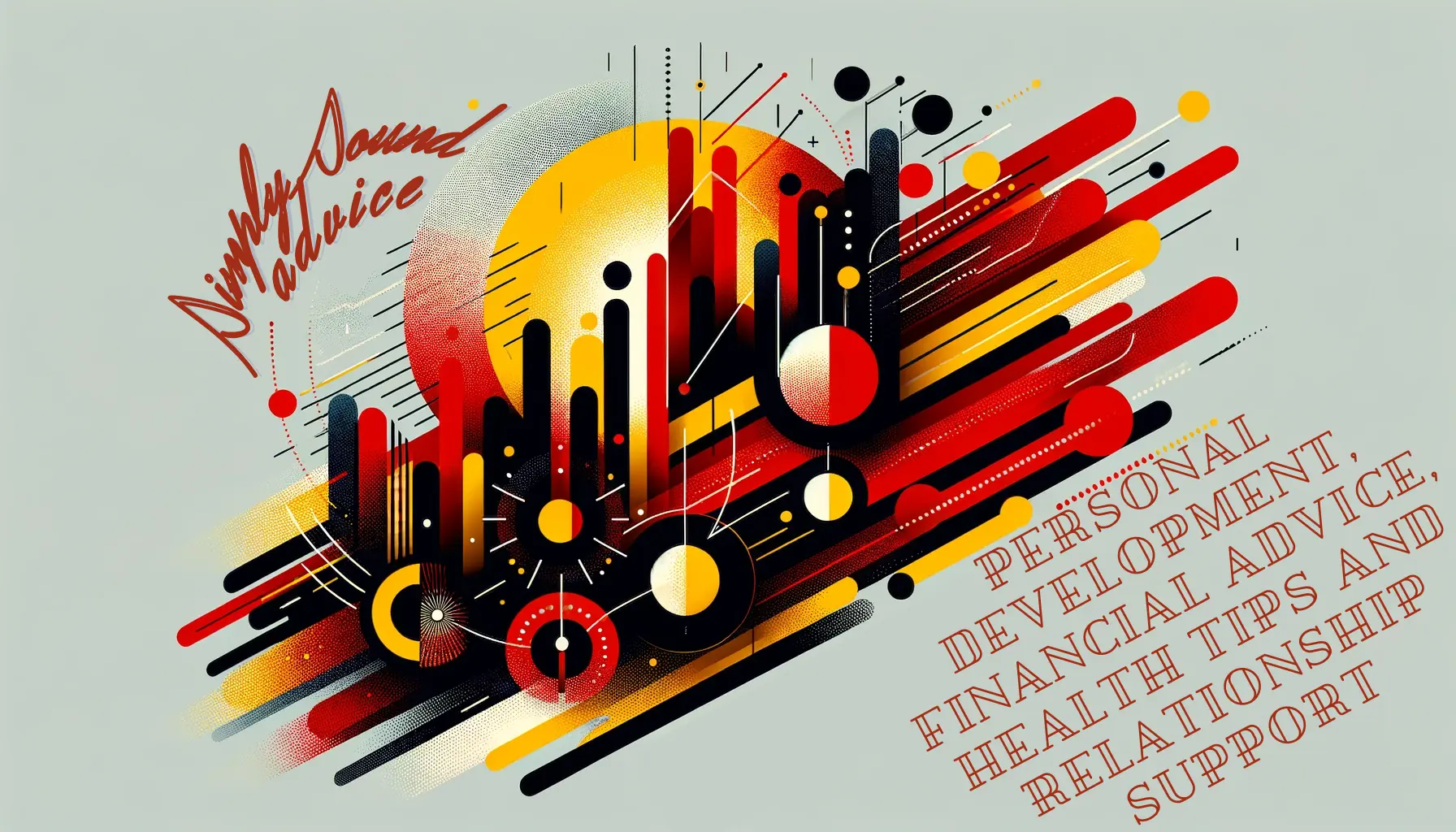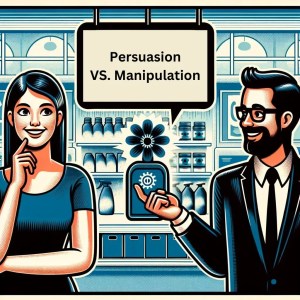- Reflections on Conditional Love: How It Shapes Our Romantic Bonds
- Understanding Love: Unconditional vs. Conditional
- The Origins of Conditional Love
- Reflections on Conditional Love in Romantic Relationships
- The Ripple Effects: Consequences of Conditional Love
- Breaking the Chains: Transitioning from Conditional to Unconditional Love
- Finding True North in Love: A Conclusive Reflection
- Turn Reflections into Revelations: Your Move!
Reflections on Conditional Love: How It Shapes Our Romantic Bonds
Introduction
Love. It’s the age-old muse of poets, the driving force behind countless tales, and the intricate dance of two souls in perfect sync… or so we think. But what happens when that love comes with strings attached? When the romantic ballads fade and the rose-tinted glasses are removed, we’re often left pondering the depth and authenticity of our feelings. Welcome to the realm of reflection on conditional love, where we unravel the layers and delve into the profound impact it has on our romantic bonds.

Understanding Love: Unconditional vs. Conditional
At its core, love stands as an emotion that transcends cultures, borders, and lifetimes. It’s the golden thread that binds us, a feeling that often defies description. Yet, while love is universally acknowledged, not all love is created equal. The distinction between unconditional and conditional love is stark, and understanding this dichotomy is crucial for fostering healthy, lasting relationships.
The Essence of Unconditional Love
Unconditional love, often described as ‘true love,’ is a type of affection without any limitations or conditions. It’s the type of love that says, “I accept you for who you are, warts and all.”
- Example: Think of a mother who loves her child regardless of their behavior or decisions. No matter how many mistakes the child makes or paths they choose, the mother’s love remains unwavering.
- In Romantic Relationships: Partners in a relationship based on unconditional love support and accept each other despite flaws, mistakes, or differences. It’s a love that doesn’t keep score or have an ulterior motive. It simply exists, steadfast and enduring.
The Nuances of Conditional Love
Conditional love, as the term suggests, comes with conditions. It’s an “I love you if…” kind of love. This love is often based on certain behaviors, circumstances, or qualities and can be revoked if those conditions aren’t met.
- Example: Consider a partner who proclaims love only when their significant other behaves a certain way or meets specific expectations—like always agreeing with them or maintaining a particular appearance.
- In Romantic Relationships: A relationship rooted in conditional love might feel like walking on eggshells. One partner might constantly strive to meet the other’s criteria, living in fear that any misstep could result in the withdrawal of affection or end of the relationship.

Real-life Relationship Dynamics
Imagine Sarah and Jake. Sarah loves Jake because he’s a successful entrepreneur, always buying her gifts, and taking her on luxurious vacations. However, when Jake’s business faces a downturn, and the gifts and vacations cease, Sarah’s affection wanes. This is conditional love.
Now, picture Mia and Leo. Mia has a chronic illness, and there are days when she can’t even get out of bed. Leo, instead of distancing himself, remains by her side, providing support, care, and understanding. Despite the challenges, his love for Mia doesn’t waver. This exemplifies unconditional love.
While it’s natural to have preferences and desires in a relationship, it’s vital to recognize the thin line between having standards and setting conditions. The balance between unconditional and conditional love can significantly influence the health, happiness, and longevity of a romantic bond. Reflecting on which type of love we’re offering and receiving can be an enlightening exercise in self-awareness and relationship dynamics.
The Origins of Conditional Love
While the depths of romantic entanglements might seem like uncharted territories, the roots of our understanding and expressions of love often trace back to familiar grounds. Much of what we perceive and manifest in our adult relationships finds its origin in our formative years, our cultural milieu, and the societal norms we’ve been steeped in. Let’s journey back in time and space to discern the origins of conditional love.
Childhood’s Formative Influence
The family unit is often our first school of love. How affection is expressed, the conditions placed upon it, and the dynamics between our primary caregivers lay down the foundational blueprints for our understanding of love.
- Conditional Praise: Think of a child who is showered with affection and praise only when they bring home top grades or win a competition. They might grow up associating love with achievements, leading to a pattern where they seek validation in relationships through accomplishments.
- Emotional Withholding: If caregivers only offer warmth when the child behaves in ways they approve of, the child may learn that love is a transactional affair—something to be earned rather than freely given.
- Observational Learning: Watching the dynamics between parents or caregivers also molds perceptions. A child observing one parent consistently trying to appease the other to gain love might internalize this as the norm in relationships.

Cultural and Societal Imprints
While familial environments play a significant role, the broader cultural and social contexts we’re part of also shape our views on conditional love.
- Media Influence: The world of movies, TV shows, and music often romanticizes conditional love, portraying intense, passionate relationships where love is contingent on specific conditions—be it beauty, wealth, or social status. These narratives can instill skewed ideals of what love should look like.
- Societal Standards: Societal norms and expectations, like the emphasis on physical beauty or financial success, can translate into conditions in romantic partnerships. If society values certain attributes, they can inadvertently become prerequisites in love.
- Cultural Beliefs: Different cultures have distinct beliefs about relationships and marriage. In some cultures, factors like caste, religion, or social status might be paramount, and love might be conditioned on these factors aligning.
Understanding the origins of conditional love is crucial as it offers insights into our relational patterns and the subconscious criteria we might be setting in our romantic engagements. By reflecting on these influences—be they from childhood or society—we can make conscious efforts to cultivate healthier, more genuine bonds that transcend conditions and stand the test of time.
Reflections on Conditional Love in Romantic Relationships
As we journey through the labyrinth of romantic entanglements, the nature and quality of love we offer and receive become pivotal in determining the depth and longevity of our connections. Conditional love, while pervasive in many relationships, brings with it a host of challenges. It not only affects the bedrock of trust and intimacy but also becomes a mirror reflecting our deepest insecurities and unmet desires. Join us as we reflect on the nuances of conditional love in romantic relationships, illuminated by real-life tales and insights.
Impact on Trust and Intimacy
Trust and intimacy form the very soul of romantic relationships. However, the presence of conditions can severely strain these foundational elements.
- Uncertainty and Insecurity: When love is contingent on specific conditions, it breeds uncertainty. Partners constantly question if they’re ‘enough’ or if they’ll be cast aside the moment they falter.
- Defensive Walls: To protect oneself from potential rejection or loss, individuals might build emotional walls, hampering genuine intimacy and connection.
- Performance Pressure: Feeling the need to always ‘perform’ or ‘measure up’ can be exhausting and detract from the organic growth and flow of the relationship.

Real-life Anecdotes: Navigating Conditional Waters
Theoretical understandings aside, the lived experiences of couples offer profound insights into the complexities of conditional love.
- A Tale of Perfection: Samantha and Alex, both high achievers, entered a relationship with mutual admiration. However, over time, they found themselves constantly competing, each expecting the other to uphold an image of ‘perfection’. It was only through couples therapy that they recognized their conditional patterns and started embracing each other’s flaws.
- The Weight of Wealth: For Maya and Jake, financial stability was crucial. But when Jake lost his job, the dynamic shifted. Maya’s inadvertent remarks about finances made Jake question the authenticity of her love. Their journey from resentment to understanding underscores the challenges of conditional love.
- Beauty’s Fleeting Charm: Carla, having always been praised for her beauty, found love with Daniel, who too admired her looks. But as age took its toll, Daniel’s wandering eye and Carla’s insecurities tested their bond, prompting deep introspection about the nature of their love.
The Role of Expectations
At the heart of conditional love often lie unspoken and sometimes, unrealistic expectations.
- Setting the Stage: Expectations, when clearly communicated and mutually agreed upon, can guide a relationship. However, unspoken or assumed conditions can lead to misunderstandings and resentment.
- The Balancing Act: While having aspirations for a relationship is natural, it’s essential to ensure they’re grounded in reality and mutual respect. Relationships thrive when partners can balance individual needs with shared goals.
- Evolution Over Time: As individuals grow and evolve, so do their needs and expectations. Recognizing and adapting to these shifts is crucial to prevent love from becoming overly conditional.
Conditional love, while common, is a complex tapestry woven with threads of expectations, societal norms, and personal insecurities. By reflecting on its intricacies and being cognizant of its challenges, couples can aspire to transcend conditions, forging bonds that are rooted in understanding, mutual respect, and genuine affection. After all, love, in its purest form, seeks no conditions; it simply is.
The Ripple Effects: Consequences of Conditional Love
Like a stone thrown into a calm pond, conditional love creates ripples that expand, affecting not just the immediate relationship but also the deeper layers of an individual’s psyche and well-being. While love should be the anchor grounding us, providing support and acceptance, conditional love can often feel like chains, pulling one down into the murky waters of doubt, conflict, and emotional turmoil. Unraveling the aftereffects of such a love, we see its profound imprint on self-worth, personal relationships, and long-term mental health.

Impacts on Self-esteem and Self-worth
When love comes wrapped with conditions, it sends a subtle message: you are ‘worthy’ only when you meet certain criteria. Over time, this can have damaging repercussions:
- Seeking Validation: Individuals might constantly seek affirmation, needing their partners to continuously validate their worth.
- Identity Crisis: Tying one’s worth to conditions can lead to a loss of self-identity. One might start molding themselves solely based on their partner’s desires, losing touch with their authentic self.
- Fear of Imperfection: The dread of making mistakes or not meeting the set ‘conditions’ can become paralyzing, hindering personal growth and experimentation.
Conflict, Resentment, and Relationship Breakdown
The volatile landscape of conditional love often becomes a breeding ground for various relational challenges:
- Mounting Misunderstandings: As partners try to ‘fit’ into each other’s conditions, miscommunications can arise, leading to disagreements and discontent.
- Trust Deficit: If one partner feels they’re constantly being judged or evaluated, it can erode the trust foundation, making them question the relationship’s authenticity.
- Emotional Distance: Over time, to avoid confrontations or judgments, partners might emotionally withdraw, creating a chasm that’s hard to bridge.
Long-term Mental Health and Overall Well-being
The aftershocks of conditional love aren’t just limited to the immediate relationship. They can seep into one’s overall mental fabric:
- Anxiety and Stress: Living in perpetual fear of not being ‘enough’ can trigger chronic anxiety, with individuals always on edge.
- Depression: Continually feeling undervalued or rejected can lead to feelings of despair, loneliness, and even depression.
- Impaired Social Interactions: The patterns learned from a conditionally loving relationship might extend to other social interactions, making individuals guarded, suspicious, or overly eager to please.
Conditional love, while deceptively seeming like mere ‘terms and conditions’, carries with it profound consequences that reverberate across various aspects of life. Recognizing its patterns and effects is the first step towards fostering healthier, more genuine bonds – ones that celebrate imperfections and embrace individuals in their entirety.
Breaking the Chains: Transitioning from Conditional to Unconditional Love
Imagine a love that doesn’t measure, doesn’t judge, and doesn’t withhold. A love that’s as vast as the ocean and as consistent as the northern star. While this might sound like a dream, transitioning from conditional to unconditional love is attainable. It requires introspection, effort, and above all, a commitment to personal and relational growth. Let’s embark on this transformative journey and discover how to replace the chains of conditionality with the wings of freedom and acceptance.

Recognizing and Confronting Conditional Love Patterns
Recognition is the precursor to change. Here’s how you can spot and confront the sneaky patterns of conditional love:
- Self-reflection: Regularly take stock of your feelings and behaviors. Ask yourself: Do I love my partner differently when they act a certain way? Do I withhold affection when they don’t meet my expectations?
- Open Dialogue: Foster an environment where both partners can candidly discuss feelings without judgment. Highlight moments where you felt love was being measured or contingent on certain behaviors.
- Seek External Insights: Sometimes, an external perspective, like counseling or therapy, can provide clarity on deeply ingrained patterns that might be hard to recognize from within the relationship.
Personal Journeys: From Chains to Freedom
While the journey from conditional to unconditional love can be challenging, many have tread this path, finding deeper connection and authenticity in their relationships. Here are a couple of inspiring stories:
- Anna’s Transformation: Anna always tied her love to achievements, be it her partner’s job promotions or their shared fitness goals. Realizing that she was never truly content, Anna decided to redefine her love language. Today, she celebrates the small, imperfect moments, finding joy in shared laughter, movie nights, or just a simple walk in the park.
- Sam’s Realization: Sam’s love always came with expectations, from how his partner should dress to their social behaviors. An enlightening conversation with a close friend made Sam realize that he was stifling his relationship. Embracing change, Sam began to appreciate his partner’s uniqueness, celebrating their individuality rather than trying to mold them into a predefined image.

Tips for Cultivating Acceptance and Appreciation
Unconditional love flourishes in an environment of acceptance and appreciation. Here’s how to nurture it:
- Practice Active Listening: Instead of formulating responses or judgments, genuinely listen to your partner. Try to understand their perspective and emotions.
- Show Gratitude: Regularly express gratitude for the little things. A simple “thank you” or “I appreciate you” goes a long way in making a partner feel valued.
- Embrace Imperfections: Remember that everyone has flaws. Instead of pointing them out, focus on the qualities you adore. After all, it’s the imperfections that often make us uniquely lovable.
- Set Boundaries, Not Conditions: It’s essential to differentiate between healthy boundaries and conditional love. While boundaries protect your well-being, conditions stifle and constrain the relationship.
The journey from conditional to unconditional love is a path of liberation, both for oneself and the relationship. By consciously choosing to embrace, appreciate, and love without boundaries, we not only enrich our romantic bonds but also our own souls. So, break those chains and let love soar to its boundless potential.
Finding True North in Love: A Conclusive Reflection
Love, in its purest form, is an intricate blend of passion, understanding, and unwavering commitment. Yet, when tainted with conditions, it often transforms from being a safe haven to a maze of expectations and disappointments. Reflecting on conditional love is not merely an academic exercise; it’s a deep dive into our souls, assessing the authenticity of our romantic bonds and the quality of love we both give and receive.
Every relationship is a mirror, reflecting our deepest desires, fears, and patterns. To introspect on these patterns, especially those rooted in conditionality, is to embark on a transformative journey. A journey from the shackles of expectations to the freedom of genuine affection. A voyage from seeking perfection to embracing imperfection.
The true essence of love isn’t about how well our partners fit into our mold, but how they enrich our lives with their unique colors and shapes. Moving beyond conditional love is not just about better relationships; it’s about a better, more enlightened self. It’s about tapping into a reservoir of deeper connections, profound understanding, and an authentic appreciation of the beauty that is human imperfection.
Do not forget to check out all of our exciting free tools! Calculators, quizzes and downloadable checklists all for free.

Turn Reflections into Revelations: Your Move!
Every story is unique, and every reflection holds wisdom. How has conditional love shaped your journey? Have you felt its weight or perhaps, broken free from its grasp? We invite you to share your narratives, insights, and realizations. Dive deep, unearth those experiences, and let your reflections be the lighthouse for others navigating the tumultuous seas of conditional love.
Drop your stories, comments, or even just a simple thought in our community discussion. Let’s create a tapestry of shared experiences, weaving threads of understanding, empathy, and growth. Your story could be the beacon someone else needs. So, why wait? Reflect, share, and inspire!















